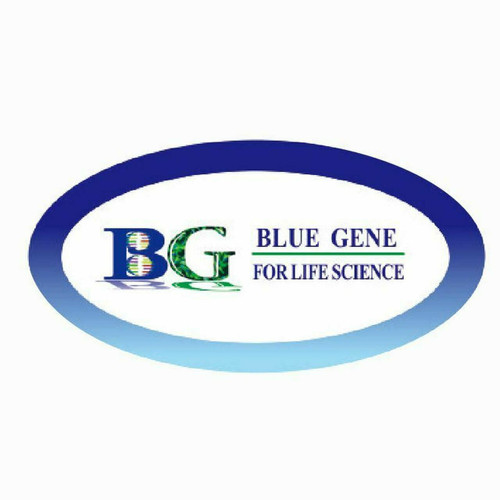Product Description
Human Endothelial cell-specific molecule 1 (ESM-1) ELISA Kit | AE61149HU | Abebio
Species Reactivity: Human (Homo sapiens)
Abbreviation: ESM1
Alternative Name: endocan;
Application: ELISA
Range: 15.6-1000 pg/mL
Sensitivity: 6.2 pg/mL
Intra-Assay: ≤6.1%
Inter-Assay: ≤10.2%
Recovery: 1, 05
Sample Type: Serum, Plasma, Other biological fluids
Detection Method: Sandwich
Analysis Method : Quantitive
Test Principale: This assay employs a two-site sandwich ELISA to quantitate ESM1 in samples. An antibody specific for ESM1 has been pre-coated onto a microplate. Standards and samples are pipetted into the wells and anyESM1 present is bound by the immobilized antibody. After removing any unbound substances, a biotin-conjugated antibody specific for ESM1 is added to the wells. After washing, Streptavidin conjugated Horseradish Peroxidase (HRP) is added to the wells. Following a wash to remove any unbound avidin-enzyme reagent, a substrate solution is added to the wells and color develops in proportion to the amount of ESM1 bound in the initial step. The color development is stopped and the intensity of the color is measured.
Product Overview: Endothelial cell-specific molecule 1 is encodes a secreted protein which is mainly expressed in the endothelial cells in human lung and kidney tissues. The expression of this gene is regulated by cytokines, suggesting that it may play a role in endothelium-dependent pathological disorders. The transcript contains multiple polyadenylation and mRNA instability signals. The cDNA sequence contains an open reading frame of 552 nucleotides. The deduced 184-amino acid protein is cysteine rich with an N-terminal hydrophobic signal sequence. Expression of ESM1 was tested by Northern blot analysis and RT-PCR and was found to be constitutive in a HUVEC cell line, but not in any other cell line tested. Constitutive ESM1 expression in human tissue is restricted to the lung. Immunoblotting and immunoprecipitation identified a 20-kD protein.
Stability: The stability of ELISA kit is determined by the loss rate of activity. The loss rate of this kit is less than 5% within the expiration date under appropriate storage condition. The loss rate was determined by accelerated thermal degradation test. Keep the kit at 37°C for 4 and 7 days, and compare O.D.values of the kit kept at 37°C with that of at recommended temperature. (referring from China Biological Products Standard, which was calculated by the Arrhenius equation. For ELISA kit, 4 days storage at 37°C can be considered as 6 months at 2 - 8°C, which means 7 days at 37°C equaling 12 months at 2 - 8°C) .
 Euro
Euro
 USD
USD
 British Pound
British Pound
 NULL
NULL








